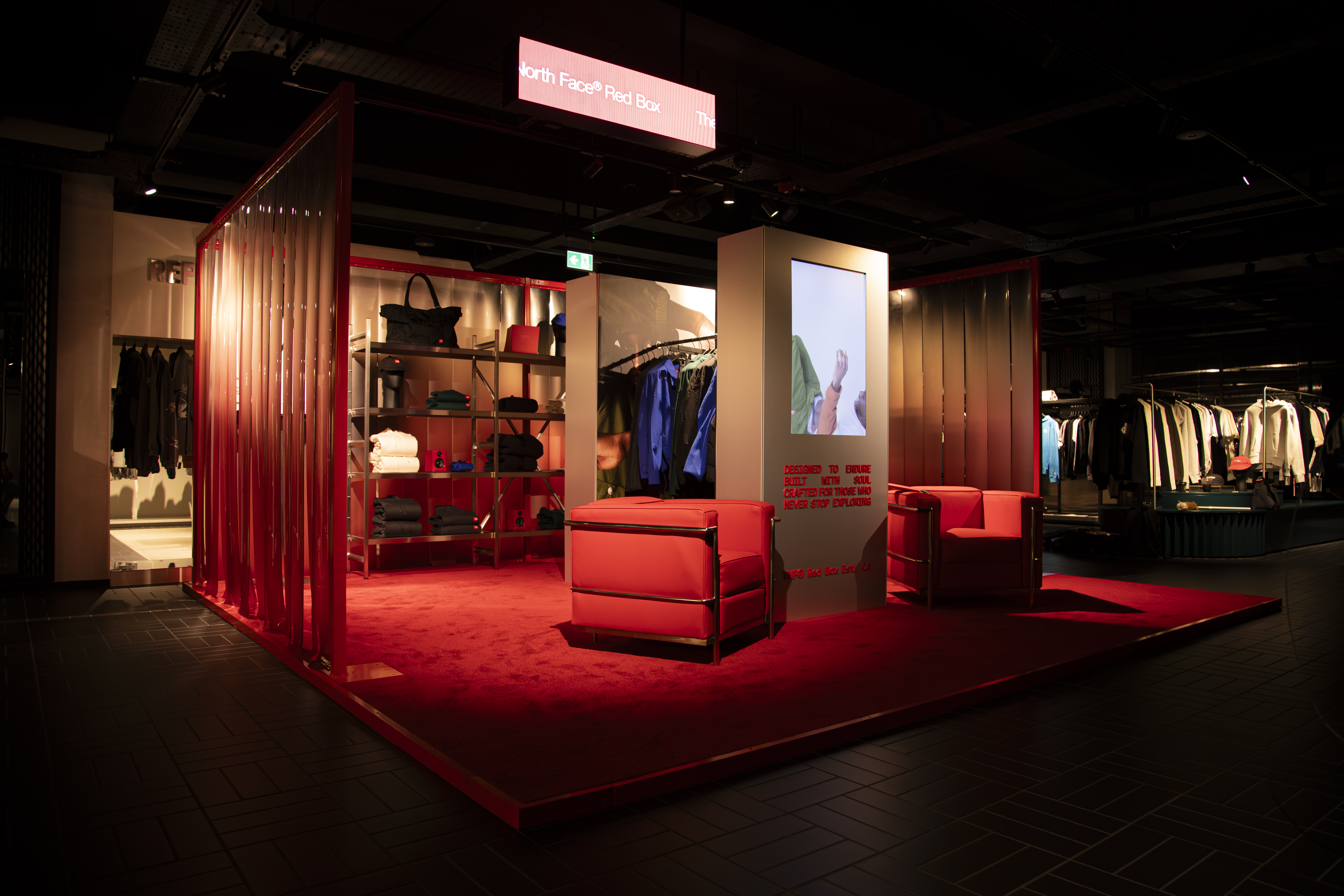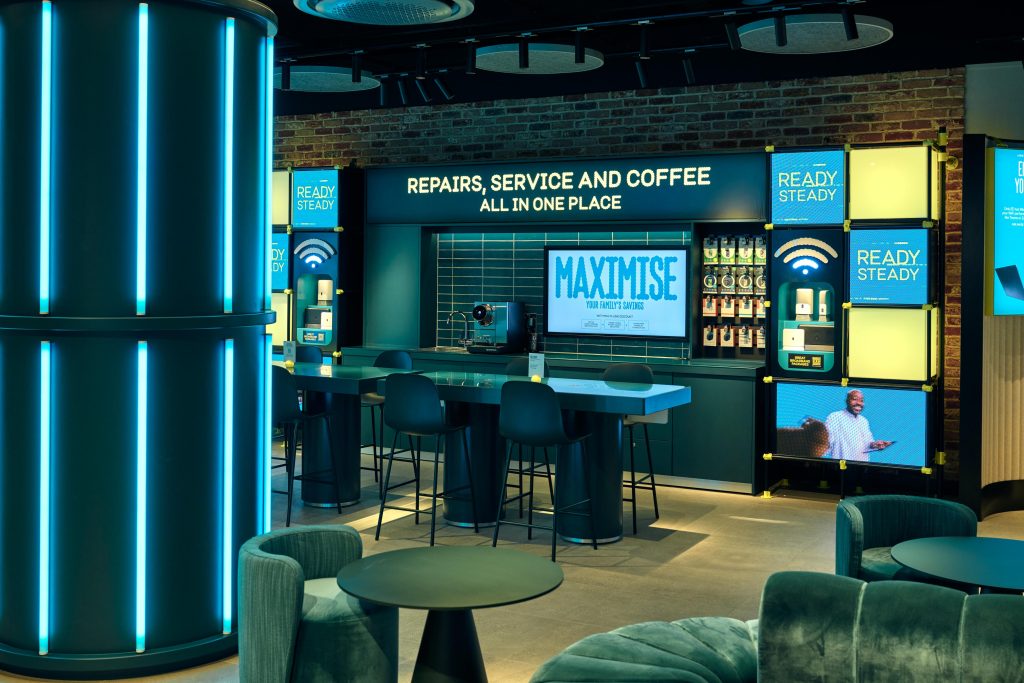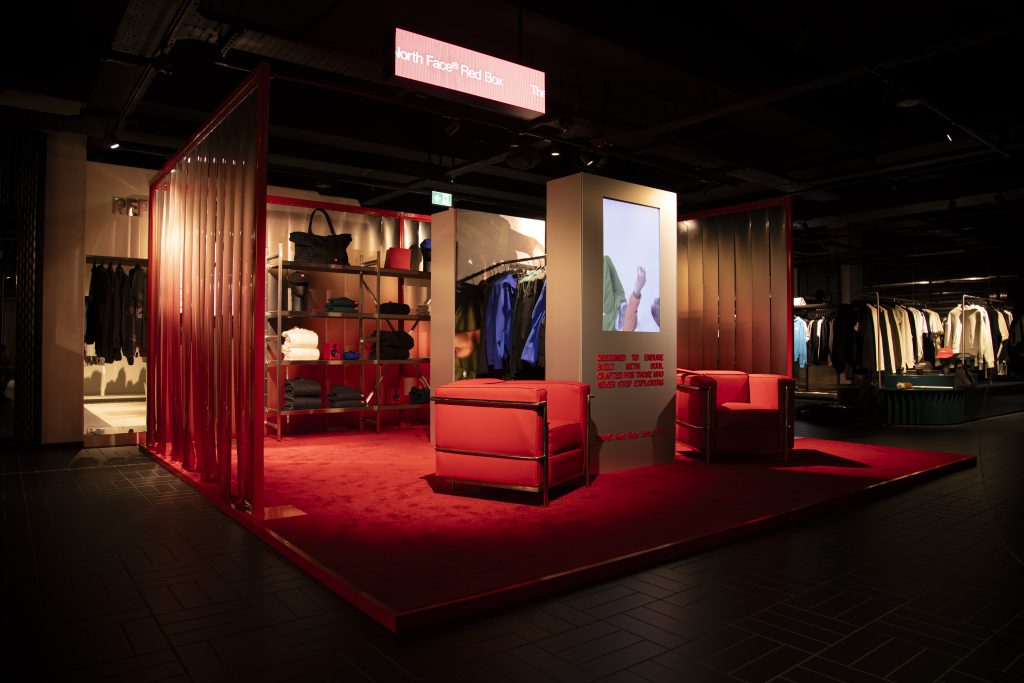Not content with disrupting the tech, online and grocery industries, Amazon last week announced it would be making its first UK foray into fashion.
This could not have come at a more pertinent time, as London Fashion Week breaks into full stride, displaying the ever-increasing prominence of technology and online media.
Similarly, the increasingly impassioned debate over business rates cites concerns that they will favour online retailers with huge warehouses, to the detriment of high street fashion stores.
The industry is facing a tough time. With Brexit, business rates and declining spend all on the cards, the last thing they need is a new heavyweight competitor.
“Selling other companies‘ brands—and selling them below retail price—does not make a company a serious fashion player.”
Could this spell the end for many of the UK‘s budding and established fashion retailers, or could it be the push in the right direction the industry needs?
“The success of Amazon‘s online fashion service demonstrates the enormous market opportunity for digital disruption in retail,” Metail founder and chief executive Tom Adeyoola told the Retail Gazette.
“Customers still want the same things which are the best products, services and value in the most convenient way, but the battleground for consumer attention and convenience has shifted to the mobile phone.
“Amazon has capitalised on this shift, providing a service that prioritises speed and ease of use with an added loyalty scheme delivering constantly increasing value: Prime.
READ MORE: London Fashion Week: Could social media save the fashion industry?
“British retailers need to translate their ‘world class’ expertise in service and value from being a nation of shopkeepers to the digital playground and there is no excuse to not doing so now.
“Keeping up with the ‘Joneses’ is no longer enough. British retailers need to commit now to getting ahead of the game with innovation to not only compete successfully, but actually survive.”
Despite its infancy in the fashion industry, Amazon is reportedly recruiting from experienced retailers like Primark and M&S. What is worrying the UK‘s independent fashion companies is its phenomenal head start in technology.
ECommera‘s Annabel Thorburn explained: “Amazon Fashion comes into its own when you consider this Prime angle. What does online clothes shopping become if you can get 1 hour delivery and free returns to any Amazon locker?
“It can compete with mainstream fashion labels by simply buying the talent — M&S womenswear boss Frances Russell has no doubt been hard at work for the last year since joining.
“Ultimately, all of this is possible because of the technology advantage Amazon has behind the scenes. It is a technology company, able to dip into everything from books, to online video, to retail, with ease.”
“If anything, Amazon has become a guinea pig for market change, experimenting and consequently paving the way for other retailers to follow suit.”
What is more concerning for some is that Amazon has always been considered a budget fashion retailer, selling other brands clothing often at heavily discounted prices.
Establishing itself as a respected own-label fashion brand may not be easy, but will elevate the ecommerce giant to become far more than a thorn in the side of established fashion brands.
Fung Global Retail & Technology retail analyst John Mercer said: “Such a move would likely boost consumers‘ consideration of Amazon as a fashion retailer.
“Amazon has so far been positioned akin to an off-price retailer: it sells a mix of third-party apparel brands almost always below RRP.
“But selling other companies‘ brands — and selling them below retail price — does not make a company a serious fashion player.
“Private-label apparel allows Amazon to establish credibility in the fashion category — and there‘s also a case for saying that private-label is driving growth in the apparel market: Boohoo, Zara, Missguided, H&M, Primark: these high-growth retailers are all 100 per cent private label; ASOS, also on fire, is roughly half private label.
READ MORE: Amazon poised to enter fashion market with own-label range
“But well-positioned online rivals such as ASOS or Boohoo are unlikely to be the ones hurt by Amazon building share in apparel.
“These online-only rivals are very well positioned with a distinct target market that they resonate with. Midmarket store-based generalists are likely to be the ones to lose out, as Amazon steals their USPs of choice and convenience.”
Although there are understandable concerns amid the fashion community, this move also represents a significant opportunity, and could yet help draw people and innovation to the industry.
ChannelAdvisor‘s Adam Joseph has a more optimistic viewpoint.
“If anything, Amazon has become a guinea pig for market change, experimenting and consequently paving the way for other retailers to follow suit,” he said.
“As such, any move that Amazon makes can be seen as an opportunity for others. 55% of shoppers are now beginning their shopping searches on Amazon.
“The more Amazon invests in broadening its product selection and categories, the more likely it is to entice new customers.
“And if you‘re already listing your products on the marketplace‘s website, this equates to more opportunities for your goods to be seen.”
Click here to sign up to Retail Gazette’s free daily email newsletter





























